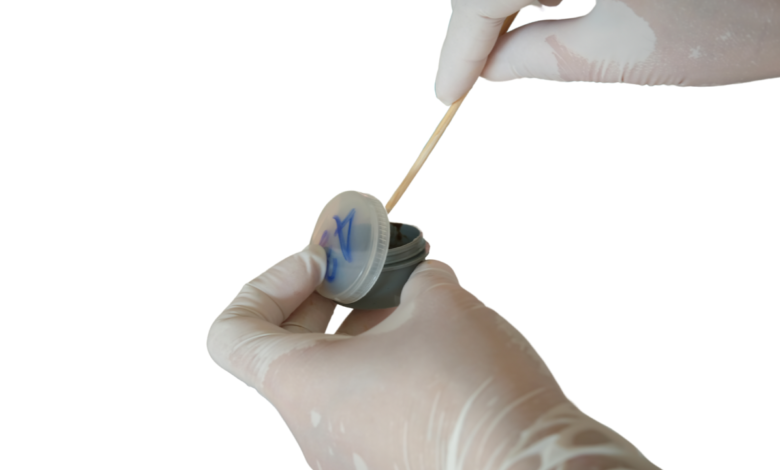Stool Parasite Test: To check for parasitic infections that can cause constipation.
Parasitic Infection Diagnosis: Understanding the Stool Test

What is Stool Parasite Test ?
Stool parasite tests are used to examine a stool sample for the presence of microscopic parasites that can cause intestinal infections. These infections can lead to a variety of symptoms, including constipation, diarrhea, abdominal pain, and weight loss.
Why Stool Parasite Test is required?
A stool parasite test is often recommended when:
- Symptoms of intestinal infection: Individuals experiencing symptoms such as diarrhea, abdominal pain, or unexplained weight loss may benefit from this test.
- Travel history: People who have recently traveled to regions with poor sanitation or high rates of parasitic infections.
- Exposure to contaminated food or water: Individuals who have consumed contaminated food or water may be at risk for parasitic infections.
- Immunocompromised individuals: People with weakened immune systems are more susceptible to parasitic infections.
which are the method of Stool Parasite Test?
There are several methods that can be used to examine a stool sample for parasites:
- Microscopy: This involves examining the stool sample under a microscope to identify parasites or their eggs.
- Ova and parasite (O&P) test: This is a common method that combines microscopy with other techniques to improve detection.
- Stool culture: This involves culturing the stool sample in a laboratory to grow and identify any parasites present.
- Molecular testing: This uses advanced techniques, such as polymerase chain reaction (PCR), to detect the genetic material of parasites.
who should go for Stool Parasite Test ?
Individuals who may benefit from a stool parasite test include:
- People with symptoms of intestinal infection, such as diarrhea, abdominal pain, or weight loss.
- Those who have traveled to areas with poor sanitation or high rates of parasitic infections.
- Individuals with weakened immune systems.
- Children who are experiencing growth delays or malnutrition.
What are the results of Stool Parasite Test ?
A stool parasite test can help identify a variety of parasites, including:
- Protozoa: These single-celled organisms can cause infections such as amebiasis, giardiasis, and cryptosporidiosis.
- Helminths: These multicellular worms can cause infections such as hookworm, roundworm, and tapeworm.
- Other parasites: Less common parasites, such as pinworms and blastocystis hominis, may also be detected.
What are the components of Stool Parasite Test ?
A stool parasite test typically involves:
- Collection of a stool sample: You will be provided with a sterile container to collect a stool sample.
- Laboratory analysis: The sample will be examined using one or more of the methods described above.
- Interpretation of results: A healthcare provider will review the results and discuss any findings with you.





